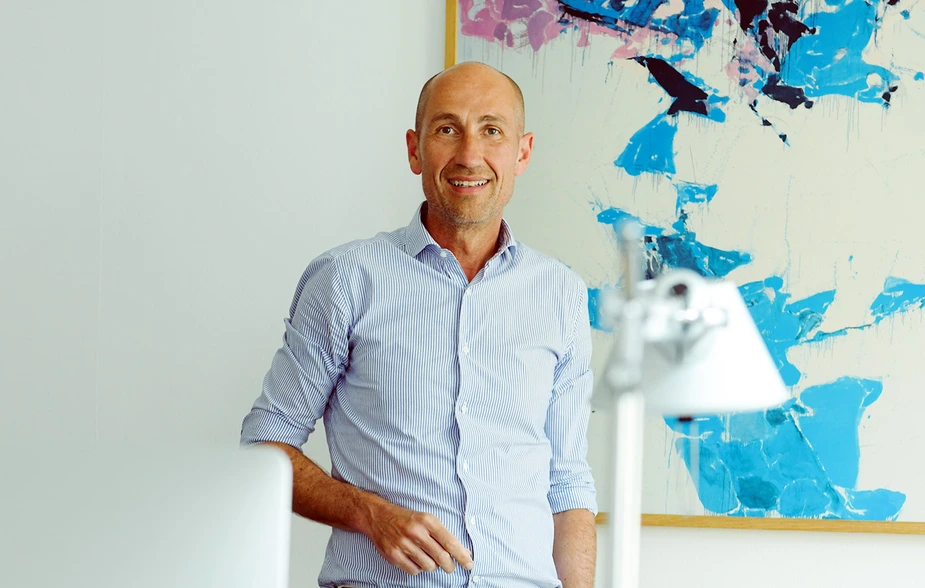What will the future be like?
An economic historian from the Humboldt-Universität zu Berlin is examining how economic decision-making is affected by expectations
People who invest their money have concrete expectations: they want to save their money, prevent it from being spent, and expect returns within a certain timeframe. How these expectations affect economic decisions, for example, where and how money is invested, is the research focus of Professor Alexander Nürzenadel from Berlin’s Humboldt-Universität. In 2015, he started a project called ‘Experience and expectations. Historical foundations of economic decisions’, which pursues an interdisciplinary approach that takes historical, sociological, cultural, and economic aspects into account.
As an economic historian, Nützenadel has a unique perspective on his native discipline. ‘Economics are actually very short-term and always bent on reducing complexity,’ says Nützenadel. However, following the financial crisis, a good deal of trust in simple, short-term forecasts has been lost. ‘Based on historic case studies, we can reconstruct in hindsight how expectations developed and how they might have contributed to undesirable developments. We can also examine the relationship between crises, large structural shifts, and expectation formation.’
By doing this, the researchers aim at contributing to a better understanding of the concept of expectations. Nützennadel gives some examples: ‘How are expectations of economic actors, such as investors, households, and companies, influenced by personal or larger historic experiences, for example, bankruptcy and financial crises? How is this different based on the cultural, historical, and social context? Was this any different in the agricultural society of the 18th century, the industrial age of the 19th century, or the service economy of the late 20th century?’
How, in fact, do researchers reconstruct the expectations of historical economic actors? ‘We are only capable to reconstruct this indirectly and thus deal with the type of insecurity that historians always have to deal with,’ says Nützenadel. Researchers seek to find out what information people had at their disposal. How did, say, a craftsman in 1900 gather information on investment opportunities, when he sought to save some money? ‘We head to archives of banks, for example, to examine signed contracts, information material, or look at historical newspaper coverage,’ says Nützenadel. This research can involve examining thousands of savings accounts from the Great Depression to trace changes in savings behaviour and draw conclusions on past expectations.
Decisions in the past were most often based on personal experience: based on the harvest of the last ten years, we can assume it will be similar this year. In today’s economy, future predictions are more precarious due to diverse opportunities and a more rapid pace of change. This creates a need for orientation, which opens the market for professional economic forecasting from, for example, World Bank institutions, or scientific institutions. To investigate the way forecasting works is also one of the project’s key issues. Indeed, there is not an easy answer. For the most part, forecasts serve as policy recommendations for companies and governments to counter certain developments. Indeed, forecasts are most often aimed at preventing their own predictions from happening.
The researchers also seek to raise awareness for time as an economic factor. Economic activity and forecasting are most often aimed at the short term – one, two, sometimes three years. However, issues like the environment, climate change, and resource scarcity require long-term thinking. On the other hand, many long-term forecasts – like those put on the agenda by the Club of Rome during the 1970s – turned out to be rather poor and, worse even, alarmist. An additional project on energy policy is now examining the ramifications and bad experiences related to past long-term forecasting.
By Dr. Uta Deffke for Adlershof Journal
